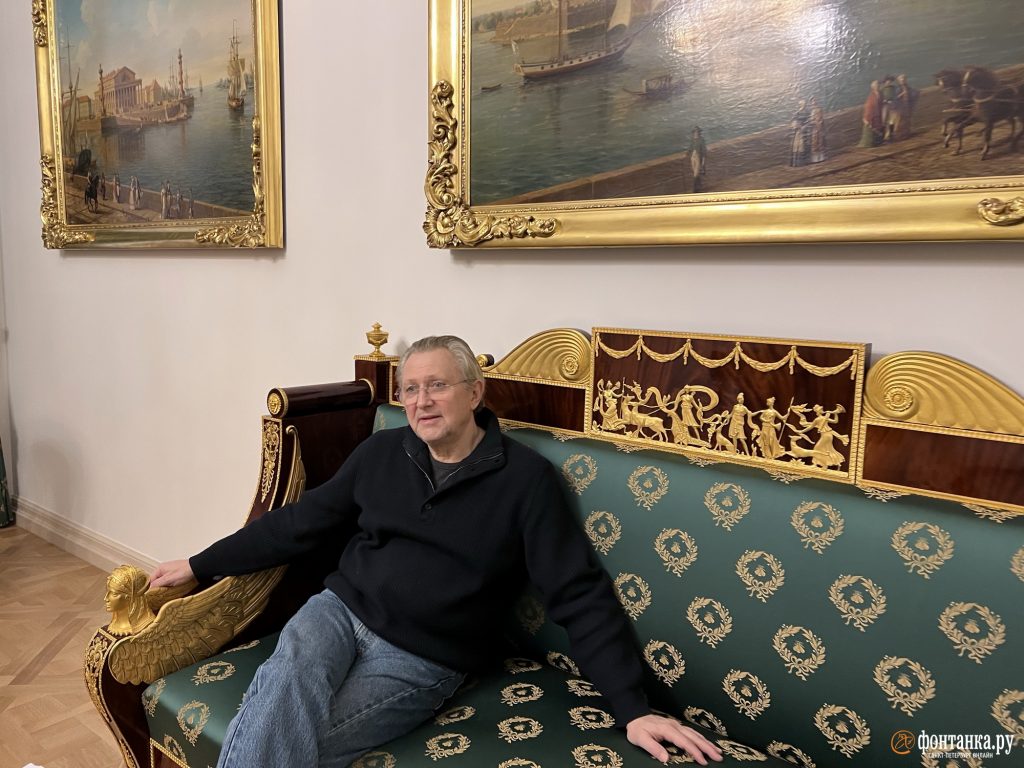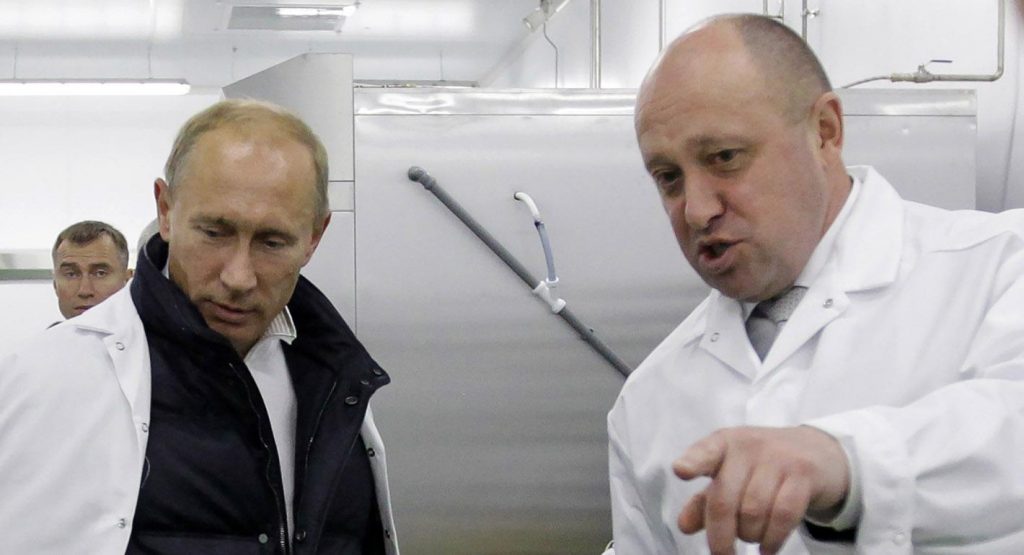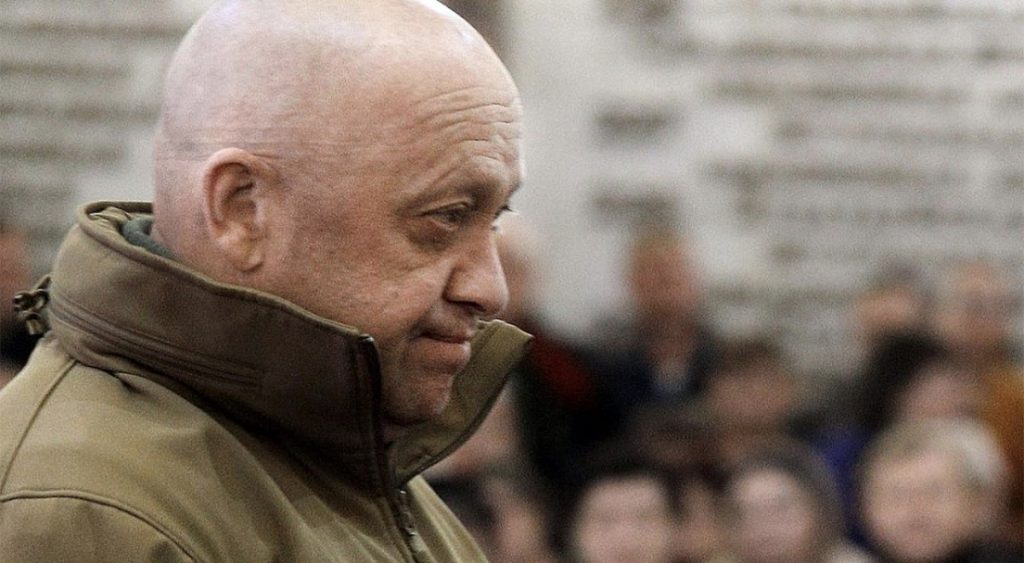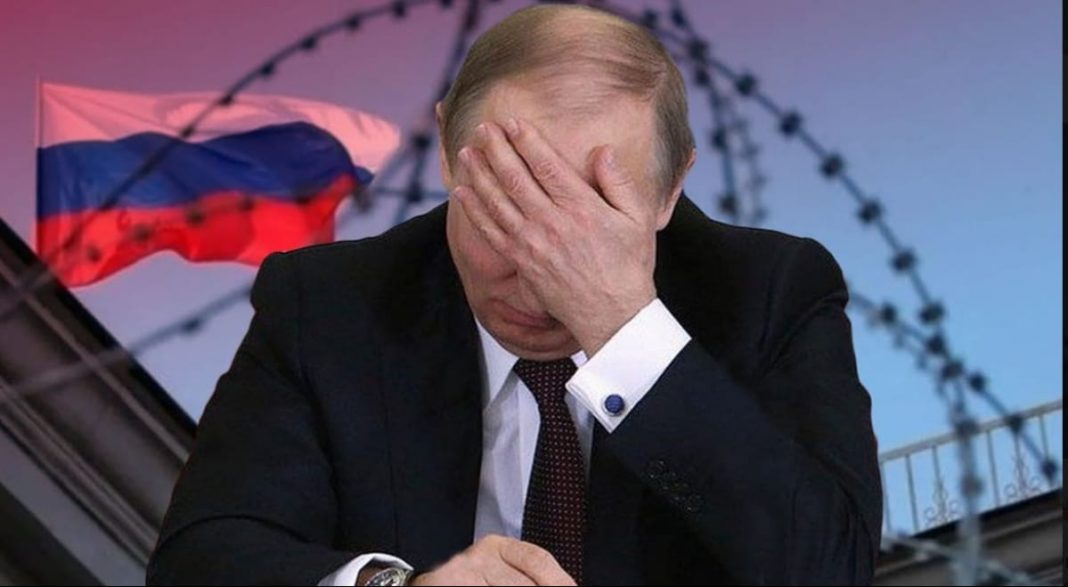The information that Russia is going to create another private military company, an alternative to Wagner, has been circulating in the information space for several weeks. Generally, the topic is not absolutely new: in Russia, there have already been attempts to create various kinds of PMCs (although formally they are outside the law) – “ENOT,” “CORP,” “Cossacks,” “Tiger,” “Top-Rent Security,” “Moran Security Group,” “PMC MAR,” “Patriot” and others. The main problem of each of them was the question of financing. For this reason, most ended with no more than the transformation into a security company. Now, according to Ascolta, “Gazprom Neft,” a division of Gazprom, is joining the game and has begun working on creating its own PMC.
Gazprom Neft is a vertically integrated oil company. Its main activities are exploring and developing oil and gas fields, refining, and producing and selling petroleum products. The company is one of the Russian leaders in terms of oil production and refining and is one of the leaders in the Russian oil industry in terms of efficiency. Founded in 1995 by Roman Abramovich as Sibneft, the company was acquired by Gazprom in 2005 and received its current name. It is the first company to start oil production on the Russian Arctic shelf. The company’s main owner is PJSC Gazprom, which controls more than 95% of the shares. General Director and Chairman of the Board of the company – Alexander Dyukov.
There is one interesting touch in his biography: in 1998-1999, he was the director for economics and acting general director of Seaport of St. Petersburg OJSC; later, in 2000-2003, he headed the Board of Directors of the Petersburg Oil Terminal. Both companies are related to such a character of modern Russian political life as Ilya Traber, the “night governor of St. Petersburg,” a man known in criminal circles as “The Antiquarian.” In Russia, many believe Ilya Ilyich became the prototype of an “Antibiotic” in the “Gangster Petersburg” series. Moreover, many publications in the media showed that Traber was involved in the Tambov gang. He does not deny that he was friends with its leader, Vladimir Kumarin.

According to information known to Ascolta, Traber’s influence group includes many important people in Russia. Firstly, we are talking about the head of Gazprom, Alexei Miller, presidential aide Igor Levitin, and director of the Federal Security Service, Dmitry Kochnev. It is also known that Traber is in close ties with businessmen Gennady Timchenko and Leonid Mikhelson. In addition, under his influence is the governor of St. Petersburg, Alexander Beglov (who is also closely associated with Yuri Kovalchuk).
At the same time, Traber has been an enemy and opponent of Yevgeny Prigozhin since the 90s. Traber himself tries to remain virtually invisible in the media. Recently, he has given only one interview; there are only a few semi-official photos of him on the Internet. Having direct access to Putin and several people who decide the fate of modern Russia, he does not advertise his capabilities and influence.
Obviously, the new PMC (still unnamed, but in this article, we will conditionally call it Gazprom Neft PMC) will actively compete with Wagner – how Traber competes with Prigozhin, how Sechin (partially financing Prigozhin) competes with Miller and Dyukov.
Where do Russian PMCs get money from?
Yevgeny Prigozhin finances his company from several sources. Firstly, this is the money of Igor Sechin and Rosneft: Prigozhin and the Wagnerites appear where Rosneft’s interests “accidentally” appear – Syria, the Central African Republic, etc. In this case, it is appropriate to recall the Wagnergate scandal: according to legend, Prigozhin’s PMC fighters were supposed to fly from Minsk to Caracas (Venezuela). Moreover, according to Ascolta, some of the enemies of Prigozhin and Sechin in Russia helped the Ukrainian special services in operation. Still, this information requires additional confirmation, but there are many of those.
Secondly, this is the money of those regimes on the side of which PMCs act (as mercenaries). In the situation with the participation of Wagner PMCs in the war against Ukraine, it is even difficult to estimate their income from looting, robberies, robberies, and the actual “privatisation” of surviving property in the temporarily occupied territories of Ukraine. At the same time, a similar situation was noted in Syria, the Central African Republic, and other countries where Wagner PMC appeared.
Thirdly, these are funds from the budget of the Ministry of Defense, laundered, among other things, thanks to Deputy Minister Tatyana Shevtsova. According to reports, Shevtsova is a person close to the former Minister of Defense Anatoly Serdyukov (he is the son-in-law of the former head of the government of the Russian Federation Viktor Zubkov; in the 90s, Zubkov, heading the tax office in St. Petersburg, contributed a lot to the development of Prigozhin’s business). Shevtsova is in charge of the financial and economic services of the Ministry of Defense; she is only formally dependent on Shoigu. Though, according to Ascolta, it has its outlets directly to Putin. Through her, tender operations and contracts for the maintenance and cleaning of objects of the Ministry of Defense are carried out in favour of Prigozhin.

In July 2015, RBC wrote that from the end of 2014 to mid-2015, the structures of Prigozhin’s Concorde won tenders for 10.3 billion rubles for cleaning the barracks and educational institutions of the Ministry of Defense. Megaline, a company associated with Prigozhin, received a contract for 3.3 billion rubles and has been building a military base in Valuyki, Belgorod Region, since September 2015. The same company won a tender for a pre-fabricated military camp for 161.6 million rubles in the village of Svetly in the Omsk region. In the fall of 2015, several companies believed to be linked to Concorde won tenders issued by a Defense Ministry subsidiary. According to the contract, the companies must take over housing and communal services for military camps in the Moscow, Bryansk, and Tver regions for 26 billion rubles. In 2015, all companies associated with Yevgeny Prigozhin, according to RBC, received contracts from the Ministry of Defense for catering, cleaning, and construction services worth 68.6 billion rubles. Similar agreements were concluded in subsequent years.
Fourthly, these are contracts with the Ministry of Education to supply school lunches. Again, it was Prigozhin’s firms that almost completely monopolised this type of business in Russia – in particular, through the former Deputy Minister of Education Marina Rakova, who in 2021 was accused of abuses in public procurement and opened a criminal case. Ascolta’s sources note that Prigozhin’s influence on fraud in the field of public procurement – especially at school lunches – was such that, as a result, they had to find an extreme one and moderate Prigozhin’s appetite.
And suppose it seems to someone else that this type of business looks ridiculous, especially for such a figure as Yevgeny Prigozhin. In that case, we suggest that we turn to preliminary calculations. According to official sources, there are 17.7 million schoolchildren in Russia. The declared amount of one lunch for schoolchildren is 180 rubles. In reality, the cost of one lunch is 80 – 120 rubles. Given that schoolchild is provided with lunch 22 days a month for eight months, the amount of abuse is 311.5 billion rubles ($4.45 billion a year), of which Yevgeny Prigozhin’s structures controlled the lion’s share.
Prigozhin is not only the reckless “Makhnovshchina” of PMC “Wagner.” It is also a massive machine for laundering budget funds and redirecting them to other purposes, including military ones.

Obviously, the new PMC (controlled by Ilya Traber) will also claim many budget funds. First, those areas are controlled by people close to Traber and his clientele (including the Ministry of Social Policy). Funds from oil and gas extraction will also be used. It can be assumed that Gazprom Neft will more actively promote its interests outside of Russia and in the Arctic, where in this case, clashes of interests with some NATO member states will be inevitable. It should be assumed that the countries of the Caspian region will be under no less special attention.
In any case, a very interesting trend is emerging: competition between clans and groups of influence in Russia is moving into the formation stage of competing paramilitary structures. Of course, as long as Putin is in power in Russia, one should not expect their direct clash with each other. On the contrary, in the coming years, they will carry out expansionist tasks that fully fit into the logic of Putin’s policy. But everything can change if Putin leaves. Then the war of all against all will begin. Apparently, preparations for this war have already started. And the most interesting thing is that, in fact, everything returned to normal: “Tambov” against “Velikoluk” and “Bone of the Grave,” “Antiquarian” against “Chef”. And no longer within a single metropolis’s framework but within the whole country’s framework.
In this situation, it is essential to note that the creation of many PMCs poses a severe threat to Ukraine and other states of Eastern Europe, which are in danger of unleashing hybrid wars in which Russia will use the already well-known argument: “we are not there.” Furthermore, Moscow’s attempt to accuse Ukraine of carrying out several terrorist attacks, as well as regular attempts to escalate the situation in Transnistria, Belarus, the Baltic countries, Moldova, and Poland (most likely, these trends will be updated in other Eastern European states shortly), once again demonstrates that in future Russia will need to increase the number of private military companies that demonstrate high efficiency and the ability to adapt to different combat conditions. Moreover, according to Ascolta, shortly, we should expect amendments to the Criminal Code of the Russian Federation and the legalisation of PMCs at the legislative level.


